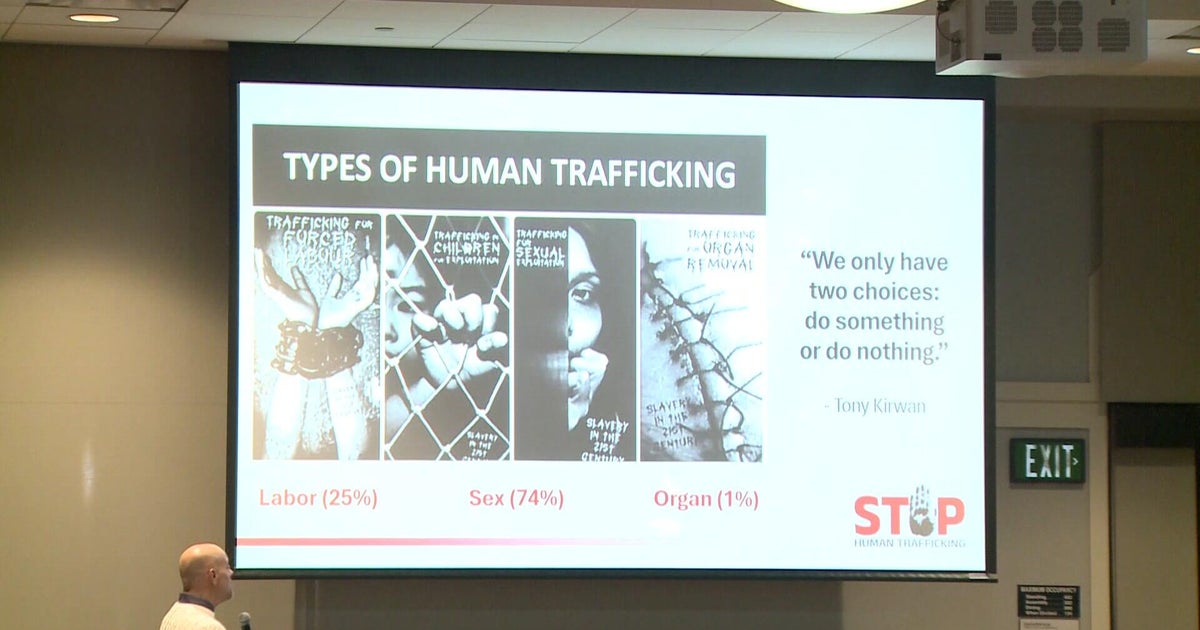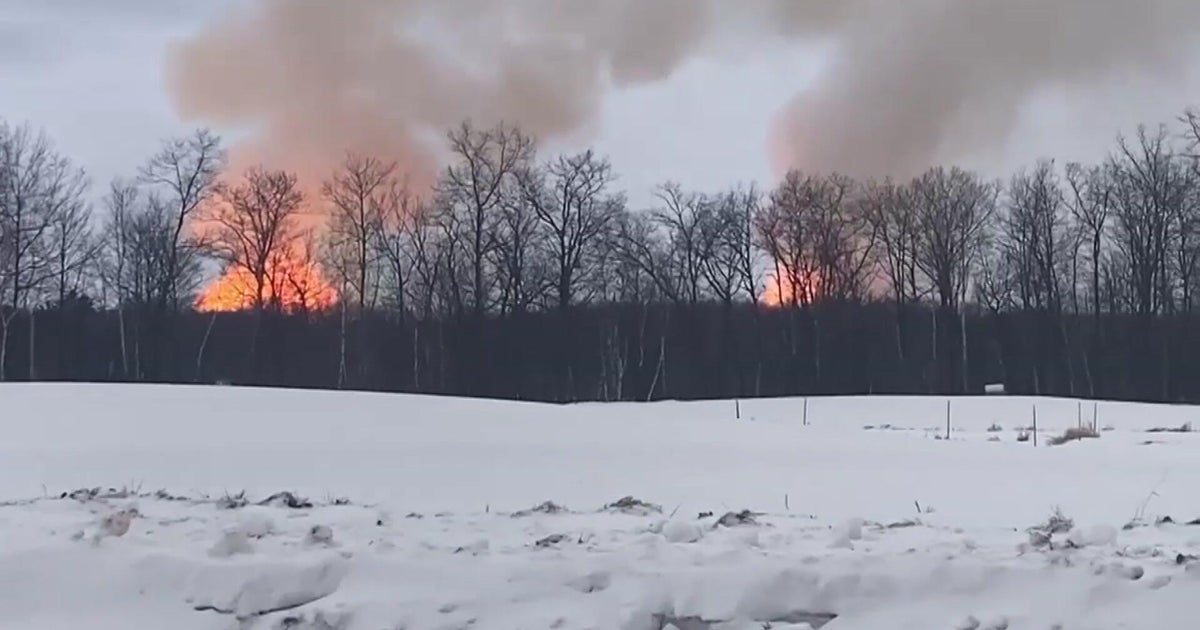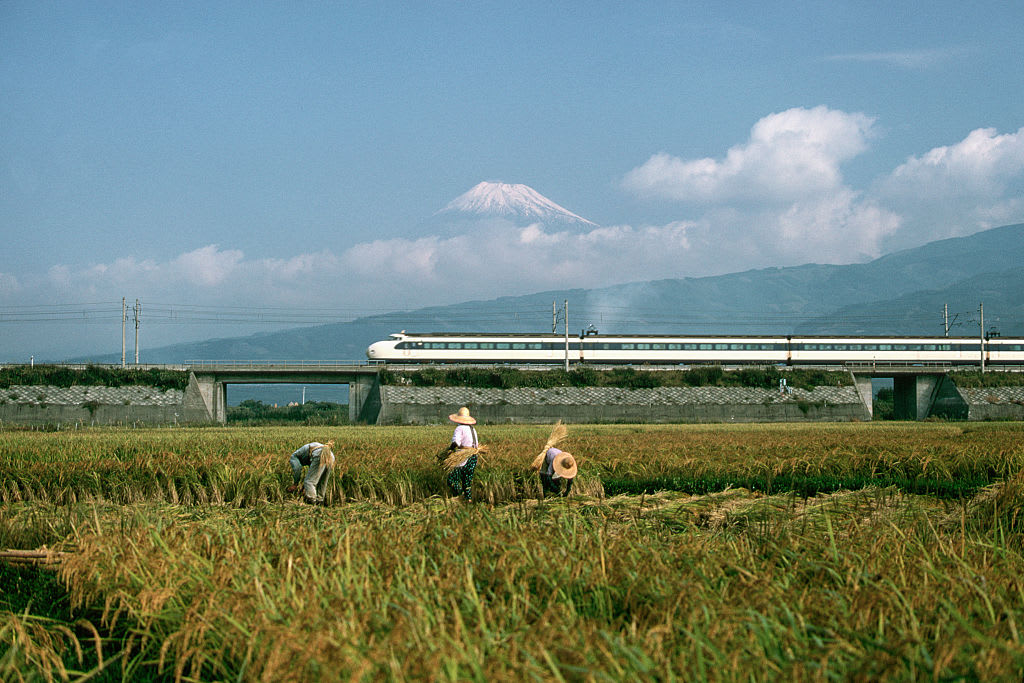How rural Japanese towns are enticing new residents: "A job, a place to live and childcare"
Mayor Sogo Yamana has a special task at hand: attracting new residents of childbearing age to the Japanese town of Kamikawa — one of many towns in Japan that are competing to offset their declining populations.
Over the last 11 years, the country's population has been shrinking. This year saw the biggest decline on record, and according to some estimates, Japan's population could be cut in half by the end of this century.
The decline is evident in some of the country's rural areas, like Kamikawa, where thousands of homes have been abandoned. Located about 350 miles west of Tokyo, its selling points are plenty of space and natural beauty — and government incentives.
Kamikawa, for the last six or seven years, has focused on drawing residents of child-bearing age, according to the mayor. One package is pitched to single moms, who often need extra support.
"The town found me a job, a place to live and childcare in a supportive community," said Yoko Murata, who moved to the town with her two boys last year. "And while I was getting a driver's license, the town staff even babysat for me."
Financial burdens and a high cost of living have slowed birth rates in Japan, which has the world's oldest population. A so-called global "sex recession" is also contributing.
The Ueda family is outside the norm. With 9 kids — and a dog — they are one of Japan's largest families, and one of the most famous. They have become reality TV stars showcasing their overflowing home and lively family outings — fascinating to a country's with one of the world's lowest birth rates.
"Some people can't or won't have kids. But I can and this country needs children, so I kept having more," said Eri Ueda, the mother of nine.






